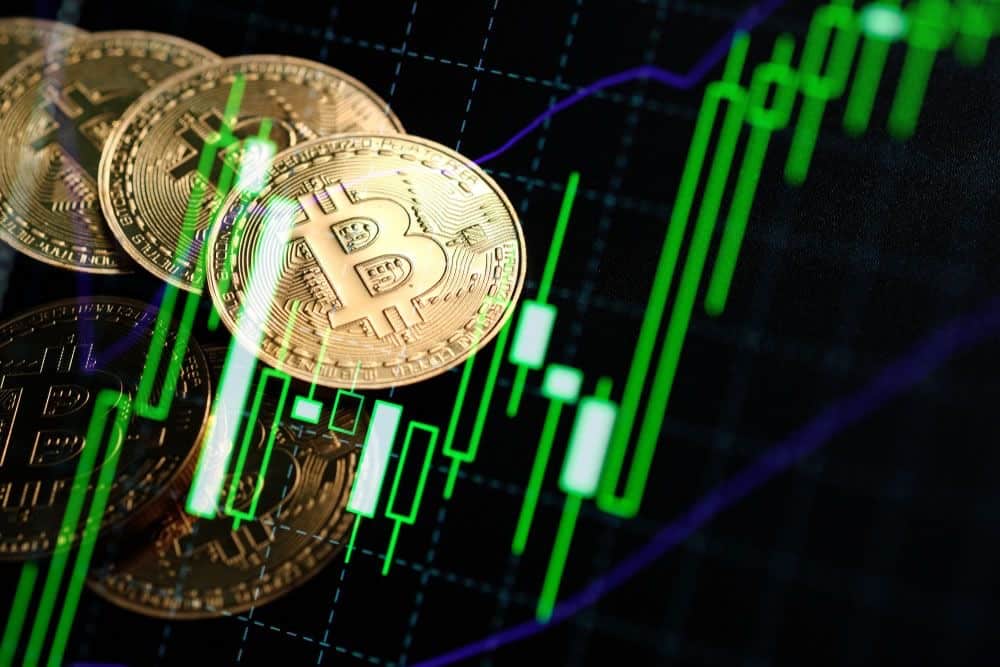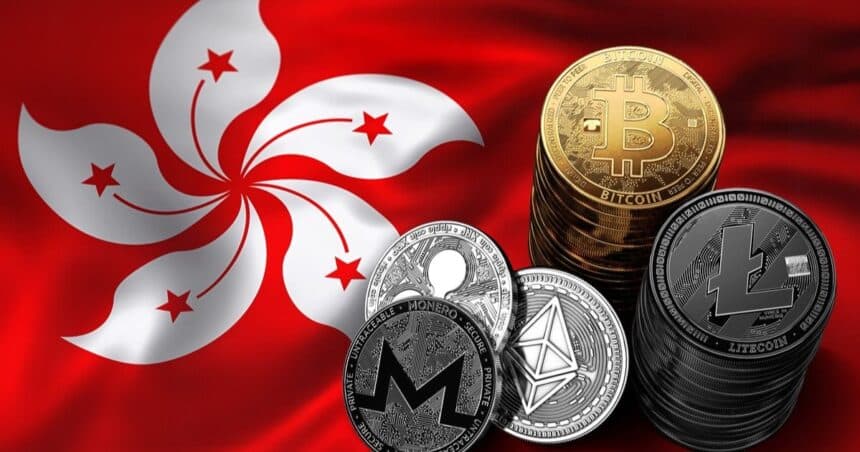In a bold move to diversify and stabilize its foreign exchange reserves, the Hong Kong Blockchain Association has proposed that the Hong Kong government should adopt Bitcoin. Co-Chairman Fang Hongjin recently suggested that continuously purchasing and holding Bitcoin in forex reserves
could offer significant advantages, including enhanced inflation resistance and reduced reliance on the US dollar.
According to reports, Fang Hongjin believes that incorporating Bitcoin in forex reserves would not only diversify the assets of Hong Kong’s foreign exchange fund but also position the city as a significant player in the global financial market. By acquiring Bitcoin early, Hong Kong could leverage the cryptocurrency’s collateral financing features to counter speculative attacks on the Hong Kong dollar peg.
The co-chairman highlighted the increasing recognition of Bitcoin’s status as digital gold by the traditional financial sector worldwide. This move would align with Hong Kong’s ambition to become a global Web3.0 hub, providing financial credibility and showcasing the city’s forward-thinking approach. Fang pointed to examples from other nations, such as El Salvador’s adoption of Bitcoin as an official currency anchor and Switzerland’s legislative move to include Bitcoin in its national bank reserves, to illustrate a growing trend. Fang suggested that even the United States might consider Bitcoin as a strategic national asset in the future, potentially driving central banks and traditional financial institutions worldwide to follow suit.

According to Fang, Bitcoin has the potential to become a mainstream international financial asset, comparable to or even surpassing gold. With Bitcoin’s current market value at approximately $1.4 trillion, Fang envisions a scenario where the price of one Bitcoin could soar from the current $68,000 to nearly $600,000 if it were to reach the market value of gold.
Such an increase would not only boost the value of Hong Kong’s foreign exchange reserves but also enhance the stability and autonomy of the city’s financial system. By holding a proportion of Bitcoin long-term, Hong Kong could protect its financial interests and establish a significant foothold in the burgeoning digital economy. Fang emphasized that this strategic move could provide a hedge against inflation and geopolitical risks, which are crucial considerations in today’s volatile economic climate.
The proposal comes at a time when global interest in digital currencies is at an all-time high. Bitcoin’s resilience and potential for high returns have made it an attractive asset for investors and financial institutions alike. As more central banks explore the inclusion of Bitcoin in forex reserves, the cryptocurrency’s role in the global financial system could become increasingly prominent.
Moreover, Fang’s recommendation is in line with Hong Kong’s broader strategy to embrace innovation and digital transformation. By integrating Bitcoin in forex reserves, Hong Kong could attract more fintech companies and blockchain startups, further solidifying its position as a leading global financial center. This move would also signal to international markets that Hong Kong is committed to leveraging cutting-edge technologies to enhance its financial infrastructure.

Bitcoin in Forex Reserves: Market Criticisms
Critics of the proposal, however, caution against the volatility associated with Bitcoin. According to reports, they argue that the cryptocurrency’s price fluctuations could pose risks to the stability of foreign exchange reserves. Nonetheless, proponents like Fang argue that the potential benefits outweigh the risks, especially when considering Bitcoin’s long-term growth prospects and its emerging status as a reliable store of value.
As the debate continues, the Hong Kong government’s decision on whether to adopt Bitcoin in forex reserves will be closely watched by financial markets and policymakers worldwide. If implemented, this move could mark a significant milestone in the integration of digital currencies into mainstream financial systems.
In conclusion, the Hong Kong Blockchain Association’s advocacy for Bitcoin in forex reserves highlights a forward-thinking approach to financial management. By embracing Bitcoin in forex reserves, Hong Kong could enhance the diversification and resilience of its foreign exchange reserves, while also reinforcing its position as a global financial innovator. This proposal reflects the growing acceptance of digital currencies and underscores the potential for Bitcoin to play a transformative role in the global financial landscape.
For more updates and news on the cryptocurrency industry, stay tuned to The BIT Journal





























